The Cognitive Leak: Digital Hoarding and the Hidden Tax on Attention
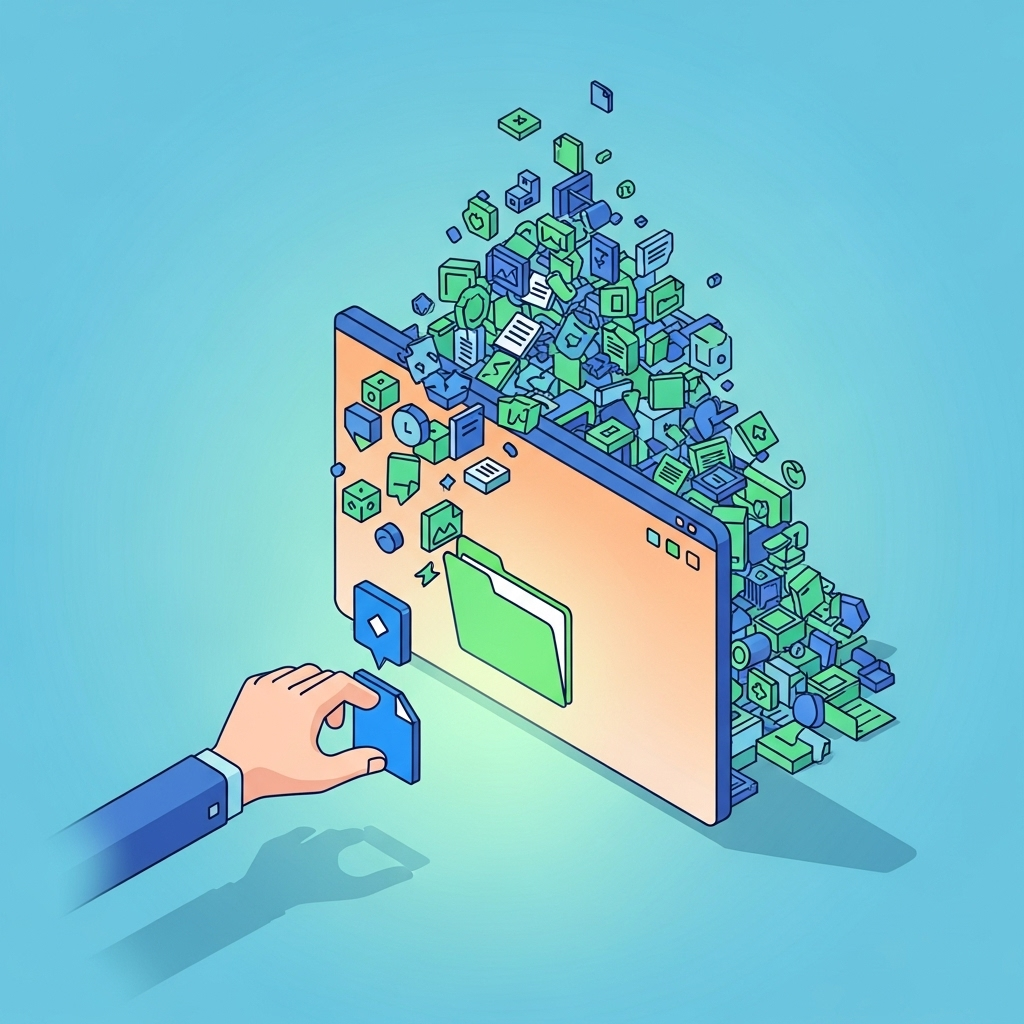
Pick up almost any device, and you'll find it: thousands of photos you can't actually find, a downloads folder that's a total mess, and a notes app that's somehow both a second brain and a junk drawer. Sure, the storage warning is annoying, but that's not really the problem. The real issue is the constant leak: a slow, quiet drain on your mental energy because you're carrying around a digital world you can't actually make sense of.
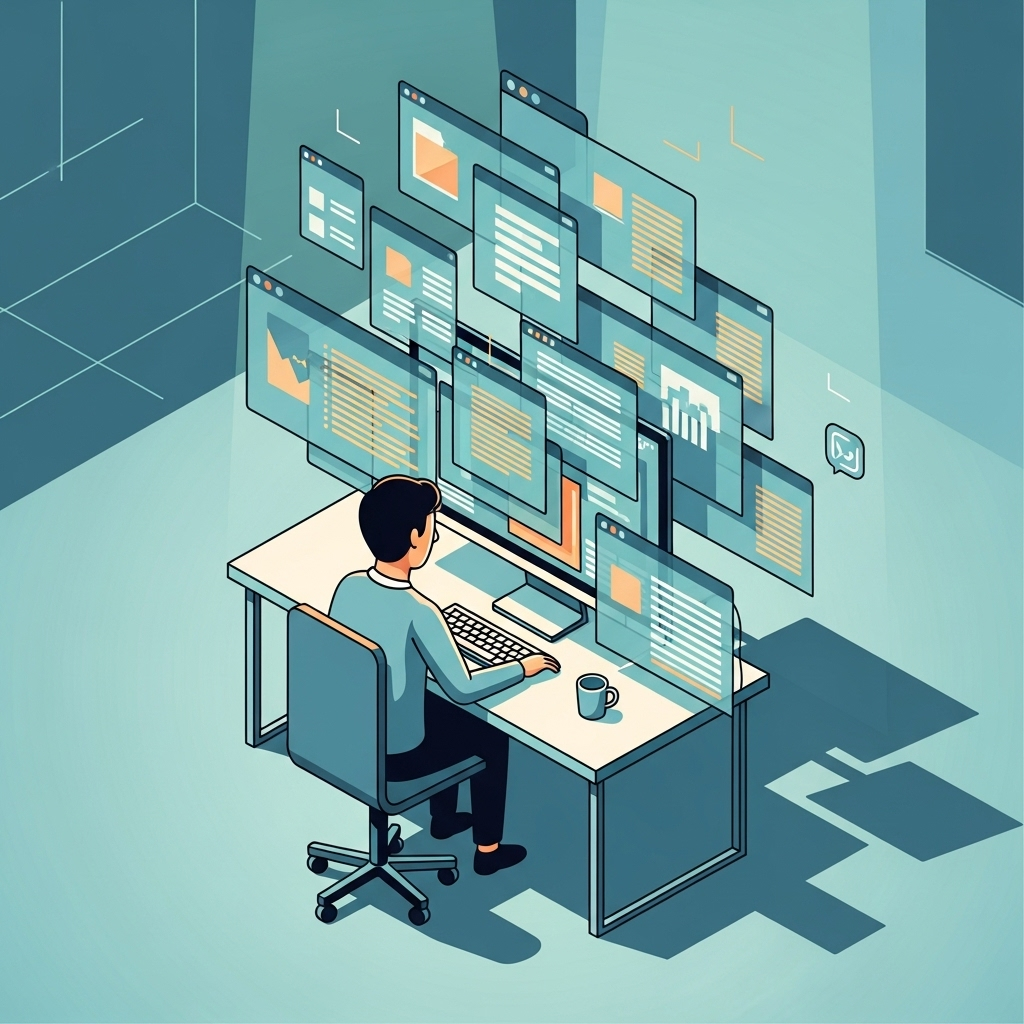
This isn't really about being neat. It's more about how our everyday files demand our attention. Even though digital hoarding—just keeping tons of digital stuff because it feels easy to hold onto—seems harmless since cloud storage is huge and folders don't weigh anything, there's a real cost. You end up feeling tired, unable to make decisions, and experiencing little mental blips that just add up over the day.
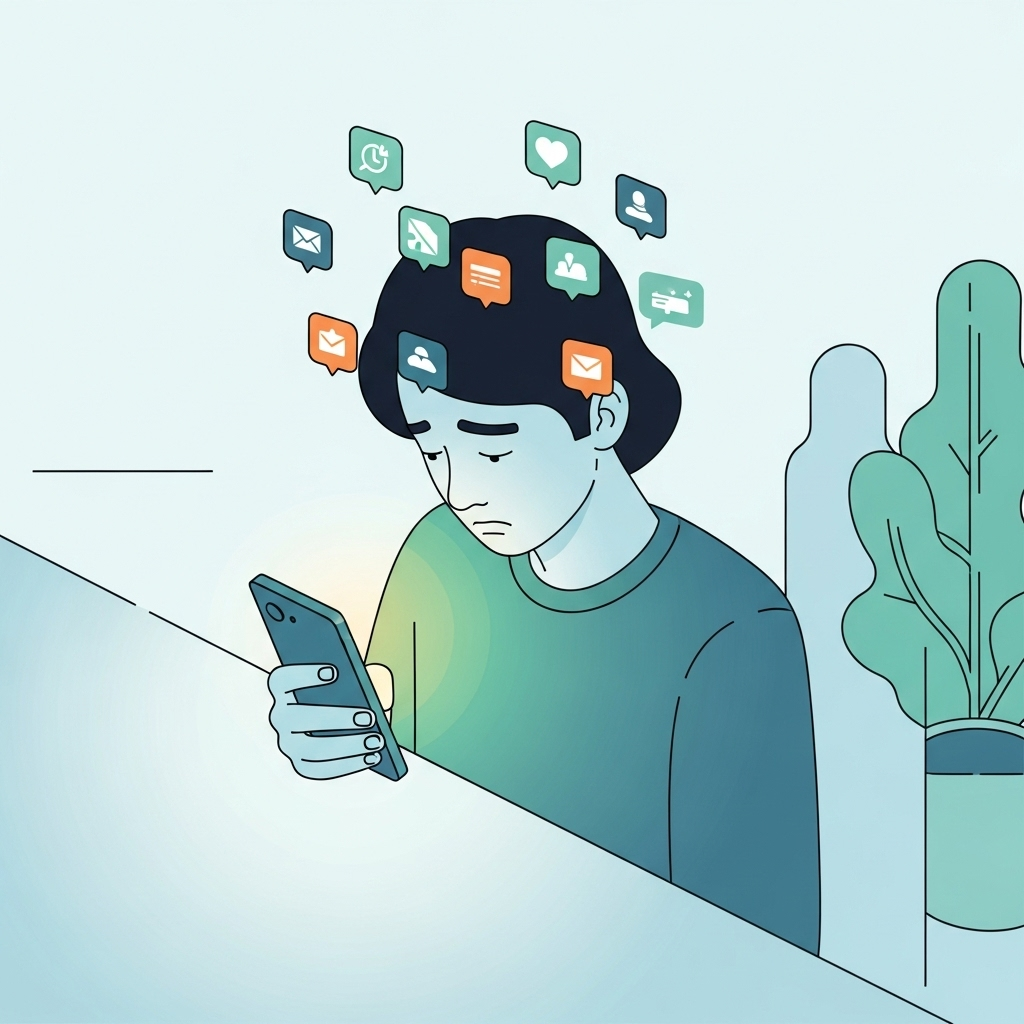
All those notifications mean you're constantly, almost unconsciously, sifting through things. Each little buzz or ping requires a quick, tiny decision from you. And even if you don't check them, it keeps you in a state of alert. That kind of constant alertness really takes a toll.

When you go to find something later, you end up just skimming through it. This leads to lots of partial reads and making rushed, half-baked decisions. Then you feel constantly behind, trying to save energy. You get tired, put off more decisions, and that just creates more clutter, making you even more tired later. It's a nasty feedback loop. Your attention isn't going into anything meaningful; instead, it's just being used to maintain the mess.
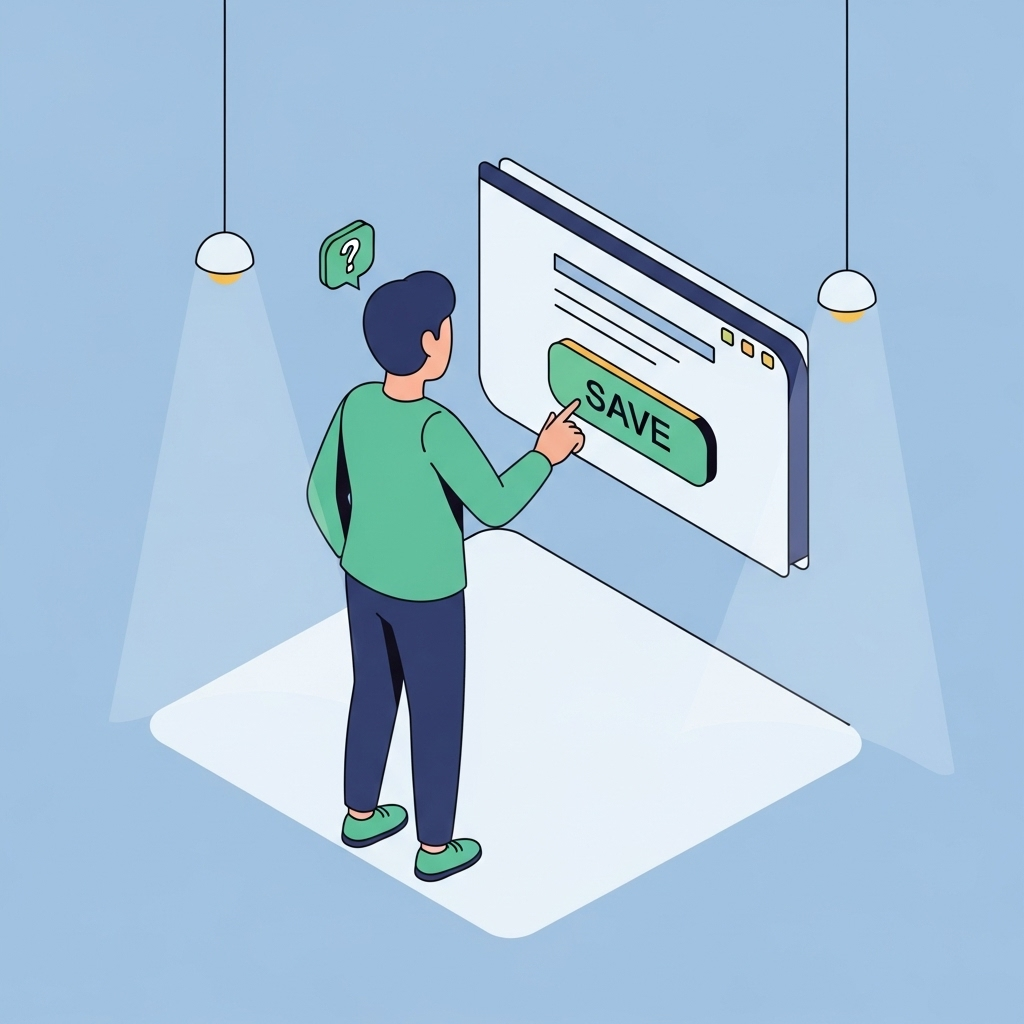
The research points to something pretty straightforward, even if we often miss it: if tiredness explains a big part of the issue, then the goal isn't perfect organization. Instead, it's about finding ways to reduce the ongoing effort. In this sense, mindfulness isn't just a trendy accessory; it's the skill of noticing when you're trading future focus for a quick break right now.
Sources
A study in *Frontiers in Psychology* found that digital hoarding noticeably affects how well people think. Fatigue seemed to play a significant role here, explaining almost half of that connection, while practicing mindfulness appeared to help on both counts. CNN Health has also looked into how common digital hoarding is, its impact on mental health, and the types seen in workplaces. They pointed out that while we have estimates for general hoarding disorder, digital hoarding isn't yet its own category in the DSM-5. Another report, from LifeCycle Transitions, summarized the links between digital hoarding, stress, and depression. These findings generally align with other research, though some of the specific numbers mentioned might need a closer look when compared to the original studies.
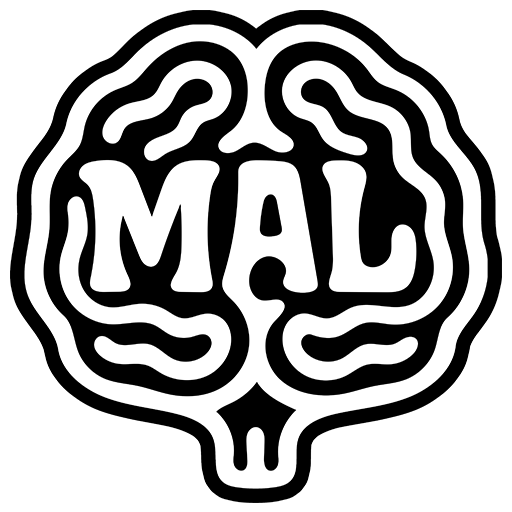
Comments ()